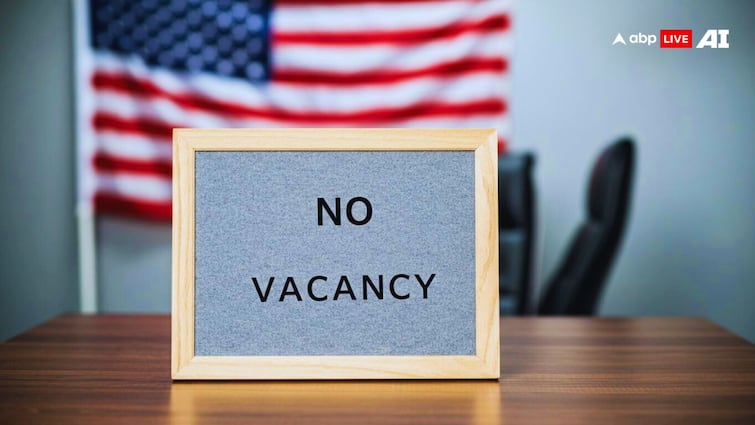Within two years, 278 industry professionals and experts have been appointed in various universities and colleges of the country without the qualification of UGC NET and PhD. These experts have been recruited under the Professor of Practice (POP) scheme of the University Grants Commission (UGC). The experts appointed are from fields like engineering and technology, health sciences, marketing, business and hotel management. This has come to light in the survey conducted by UGC. UGC had launched the POP scheme in September 2022 under which higher education institutions were allowed to hire experts to teach students on contact basis to bridge the gap between academia and industry.
With the aim of linking education with skills, the Commission conducted a survey last month among its 136 affiliated deemed universities. The top fields with the highest number of recruitments are Engineering & Technology (87), Health Sciences (48), Marketing, Business, Hotel Management (19), Tribal Studies (14), Biotechnology, Microbiology, Biochemistry (12), Leadership, Human Resources, Entrepreneurship and Innovation (11).
The commission said the remaining appointments are for diverse subjects including Pharma, Law, Agriculture, Education, Arts, Humanities and Social Sciences, Journalism and Communication, Artificial Intelligence and International Studies, and even specific subjects like Sports, Networking and Dairy Science. Covers. Commission Chairman M. Jagadish Kumar said that this trend of appointments reflects the increasing demand for industry-related engineering education. He added, “Professors of Practice can provide students with invaluable guidance on advanced technology, industry trends, and practical problem-solving skills. They can also help with employment opportunities. They also bring their extensive network of industry professionals to the table.” Which can help the students in employment opportunities.
The state universities in which the maximum number of POPs have been appointed are Tamil Nadu (93), Odisha (48), Maharashtra (35), Haryana (32) and Karnataka (29). Some universities have appointed tribal personalities as Professors of Practice to impart knowledge on tribal rights and heritage, tribal knowledge and tribal language and culture. Odisha's Kalinga Institute of Industrial Technology, a deemed university, has appointed Sambari Sisha, a craftsman from the Bonda tribe.
Let us tell you that the Professor of Practice scheme was launched two years ago by the UGC to link education with skills in the colleges and universities of the country. Industry and experts are being brought into educational institutions through the recruitment of Professor of Practice. CEOs and MDs of various companies are also applying for this recruitment. Under this scheme, one can become a professor directly without doing UGC NET or PhD. In the National Education Policy 2020, emphasis has been laid on linking higher education with skill best education. Therefore, UGC wants to improve the level of higher education by providing entry to practitioners, policy makers and skill professionals through POP. Professionals and industry experts from various fields will teach as professors.
Are reservation rules not being followed in professor recruitment without UGC NET, teachers protest
Know what are the rules of Professor of Practice (POP)
Persons who have expertise in their particular profession with at least 15 years of service or experience will be eligible for 'Professors of Practice'. These should not be teachers. As per University Grants Commission (UGC) guidelines, experts from fields such as engineering, science, media, literature, entrepreneurship, social sciences, fine arts, civil services and armed forces will be eligible for appointment under this category. For this, UGC NET or PhD degree is not required. The basis of appointment will be only professional experience.
The POP contract may initially be for up to one year. The maximum period of service of a POP in an institution should not exceed three years and in exceptional cases it may be extended by one year. In any case the total service period should not exceed four years.




